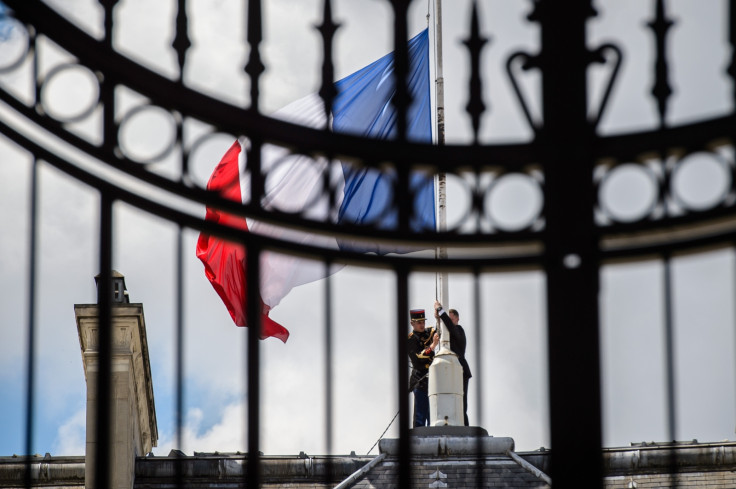Man sentenced to two years in prison for visiting pro-Isis websites in France
The unidentified 32-year-old had allegedly frequented jihadist websites for two years.

A man in France has been sentenced to two years in prison for regularly visiting pro-Isis websites, despite the fact that there has been no indication of him planning a terrorist attack. According to local police, the unidentified 32-year-old had allegedly frequented jihadist websites for two years, The Verge reports.
He was convicted by a court in the department of Ardèche in southern France on Tuesday (29 November) and has been sentenced to two years in prison and faces a fine of 30,000 ($31,970). The court confirmed to The Verge that there was no indication that he was planning to launch a terrorist attack.
Following a raid on the suspect's house, local police found Isis-related images and videos on his personal computer, phone and a USB stick, French media outlet FranceBleu reports. On his computer, the wallpaper was an image of the Daesh flag and the device's password was "13novembrehaha" - a reference to the horrific Paris terror attacks in November 2015 that killed 129 people.
However, the suspect reportedly argued in court that he only visited the websites out of curiosity.
"I wanted to tell the difference between real Islam and false Islam," the man said, FranceBleu reports. "Now, I understand."
The man also admitted that he has not been reading news from other media outlets or the international press. His family members also reportedly told the court that his behaviour had changed recently and he often became irritable whilst discussing religion. They added that he began sporting a long beard and wearing harem pants.
The Verge reports that multiple people have been convicted under the tough but controversial law that punishes "habitual" readers of websites that cause or promote terrorism, hate or violence. France's Constitutional Council will decide whether the law is constitutional or not within the next three months, Reuters reported on Wednesday.
Following last year's Paris attacks, President François Hollande imposed a state of emergency giving police powers to detain terrorism suspects, carry out searches and place people under house arrest which sparked serious concerns over violations of civil liberties. After the Charlie Hebdo attacks in January 2015, the French parliament approved new legislation that allowed police and prosecutors to gain access to electronic eavesdropping technology and wider surveillance powers which drew concerns from critics and privacy advocates as well.
© Copyright IBTimes 2025. All rights reserved.





















